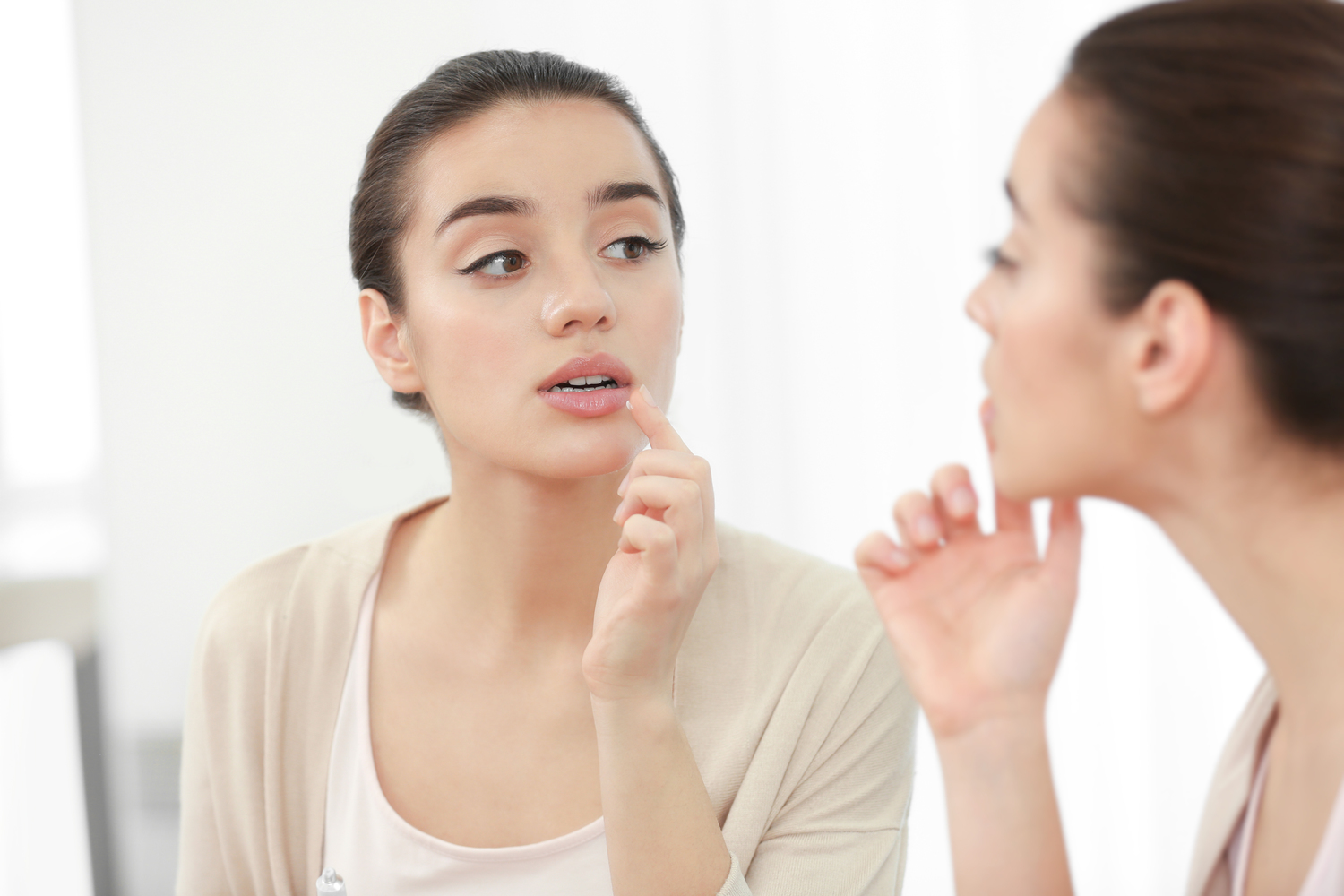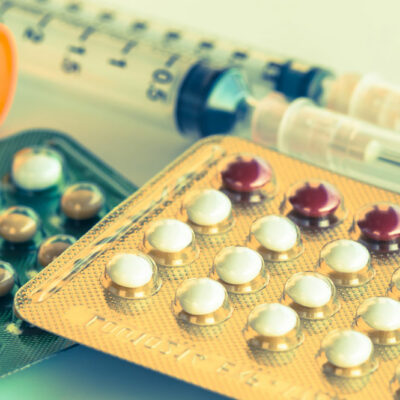
Cold Sore Prevention
Cold sores, also known as fever blisters, are painful blisters that form on or around your mouth generally in the lip area. They start as a liquid filled blister that eventually drains and forms a scab. The scab can last for several days. These blisters are caused by Herpes simplex virus type 1 and can be spread very easily by close contact with others. Below is a list of helpful cold sore prevention tips:
1. Avoid stress
Stress causes the hormone cortisol’s level to rise. This can weaken your whole immune system. While the lower hormone cortisol levels do not cause cold sores, they deplete necessary levels in your body needed to fight against the virus that causes cold sores. If you have Herpes Simplex Virus Type 1 it is important to keep your life as stress free as possible.
2. Use sunscreen
One might think the sun would be good for a blister because it can help dry it up. However, sun exposure can promote cold sore outbreaks. Too much UV exposure from the sun can weaken your immune system. Though the sun may aid a bit in drying up an oozing blister, the dryness from it can lead to painful cracking. Avoiding prolonged sunlight is probably your best defense. However, we all need a little Vitamin D every now and then. You can safely enjoy a few hours of sunlight by applying sunscreen with a high SPF. This can protect you from many skin conditions and aid in cold sore prevention as well.
3. Apply lip balm
Certain lip balms can help prevent or slow down herpes simplex virus growth. Lemon balm is one type of lip balm that is natural and effective. It has therapeutic and soothing properties that not only aid in prevention but also help comfort the sore dry cracked areas of cold sore outbreaks. This balm has antiviral properties as well which help fight against the virus that causes fever blisters.
4. Don’t share personal items
Herpes simplex virus type 1 is highly contagious. Direct contact is not the only thing that spreads cold sores. The virus can live on personal items. Don’t share toothbrushes or personal items. You can effectively prevent an outbreak by not sharing personal items such as toothbrushes, drinks, utensils, and lip balm. Keep all personal items separate and clean after using. Also be sure to always wash your hands before and after touching the infected area.
5. OTC viral medications
There are several over the counter viral medications that can help prevent fever blisters. Abreva is one of the most common and effective treatments. Abreva is a white scent free cream with no taste. The texture and color make it easy to see when applying. After applying and drying it turns clear. This cream contains nonprescription ingredients that target the virus and prevents healthy cells from being infected. It also contains properties that minimize the length of symptoms such as burning, itching, cracking, and tingling, if an outbreak has already occurred.


